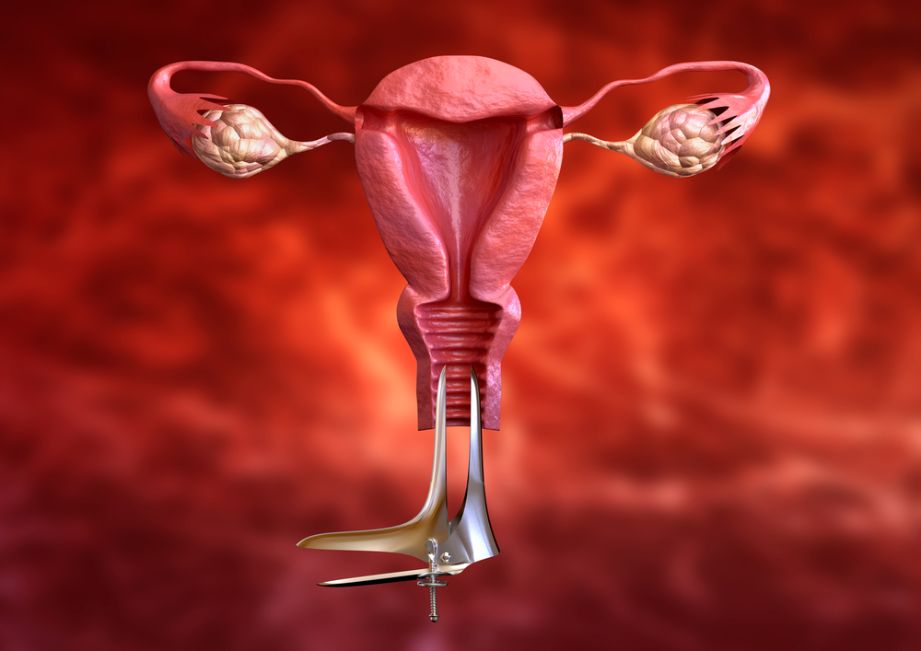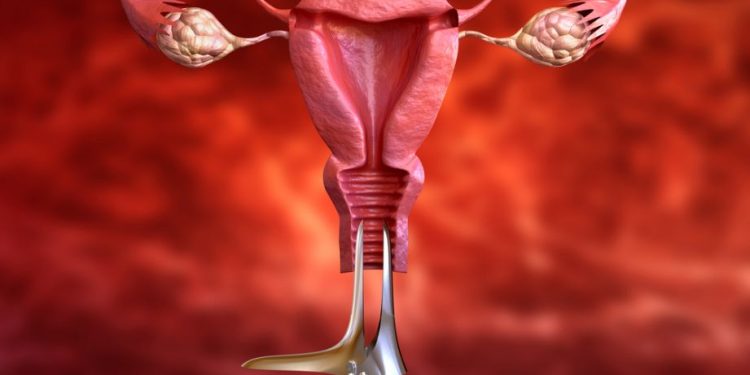Vulvitis symptoms can include itching, redness, or a rash on the soft folds of skin outside the vagina (female genitalia). This area is more susceptible to irritation because of its moist environment. It can be caused by a number of different factors, including allergies, infections, and other irritants.
Itching can be itchy because the vulvovaginal tissue is thin and sensitive, or because of a problem with the vaginal tract itself. Itching often goes away after treatment for the cause of vulvitis.
If your itching is severe or has become accompanied by pain, bleeding, or other signs of infection, see your healthcare provider right away. Your doctor can perform a pelvic exam to look at the areas around your genitals and check for other health problems that may be causing your itching, burning, or rash.
Your health care provider can also take a sample of your vaginal discharge to test for yeast infections and other conditions that may be causing the itching, redness, or rash. They may also check for sexually transmitted infections, or STIs.
STIs such as gonorrhea and chlamydia can cause itching, inflammation, and vaginal discharge. They are common in women and can lead to recurrent vulvovaginal symptoms.
Some medications can also cause itching and other symptoms. For example, antibiotics can affect the vulvovaginal skin and increase the risk of infection. If you are taking any medication, tell your health care provider if your itching or other vulvovaginal symptoms worsen, so they can prescribe an appropriate medication.
A vinegar bath can be very helpful in treating itching and reducing inflammation. To make the vinegar bath, add half a cup of white vinegar to a bathtub and soak for 10 to 15 minutes. Then rinse and pat dry the area.

Vinegar has antimicrobial and disinfectant properties that can help relieve itching, so it is a good way to reduce vulvovaginal symptoms. A low-dose hydrocortisone cream can be used for allergic reactions, and topical estrogen can relieve itching, soreness, and vaginal discharge in women who are postmenopausal.
Avoiding irritants can also ease itching and other vulvovaginal symptoms. If you use soaps, lotions, or bubble baths that are abrasive or contain chemicals, stop using them as soon as possible.
You can also use a gentle, unscented body wash or moisturizer on the vulvovaginal area once a day to keep it hydrated and supple. You can also try an over-the-counter vaginal lubricant.
To help protect the vulvovaginal area from irritants, wear cotton underwear, loose clothing, and sleep in a soft bed. Avoid sweaty, chlorine-filled swimming pools and hot tubs as well.
Your health care provider can offer advice on what to do to ease your vulvovaginal symptoms, such as stopping the use of irritating products and practicing healthy hygiene habits. They can also recommend ways to prevent vulvovaginal infections, such as washing and drying the area thoroughly after a shower.
Managing vulvovaginal symptoms can be frustrating and stressful. They can take a toll on your mental health, too. A lot of women suffer from a sense of anxiety or stress about their condition, which can make it more difficult to get through the day. It is normal to feel down when you have vulvovaginal symptoms, so it’s important to speak with your health care provider.









